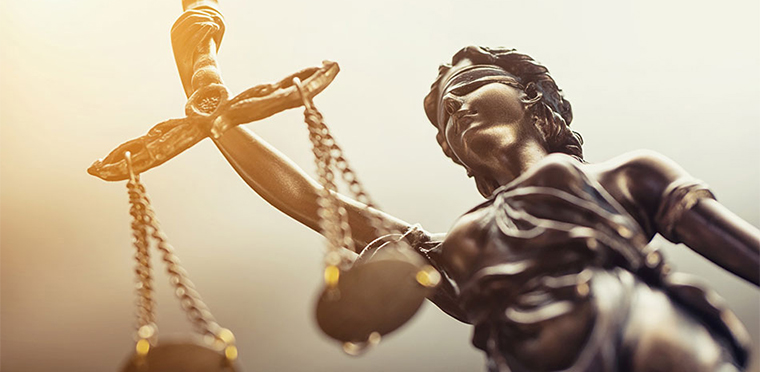
Every society is built upon a moral framework, a set of precepts about how to live together. These precepts generally align across cultures, and include prohibitions against murder and theft, except ironically, when murder and theft are committed against those deemed outsiders, intruders or scofflaws. Such precepts exist in both religious and civil societies, typically forming a body of laws.
America’s moral framework includes typical prohibitions and laws, but when it comes to cultural forms, its inclusion of equality is far from universal. “All men are created equal,” states our Declaration of Independence, an accurate statement of its time in 1776 when neither women nor the enslaved were considered equal as such. It was a bold statement against Royalty and the idea that power is endowed by God, instead promoting the notion of individual liberty and self-determination. As the years have passed, equality under law has been expanded to include women, all races, and most recently the LGBTQ community, a process notably fraught with conflict. In its application, equality under law is both simple and complex.
All organized societies – democratic, socialistic, autocratic, or monarchical – are attempts to create utopia, but not all utopias are intended to be equal. Thus, an autocracy like today’s Russia is a utopia for oligarchs, but not so much for the ordinary citizen. The same is true of the United States, where the utopian ideal of equality before the law is unevenly applied or law used as a lever of power, as we see happening in the voter suppression efforts in states like Texas and Georgia.
Outside of law, the idea of equality gets very complicated; the truth of the matter is that all people are not equal and display a range of capacities of intelligence, creativity, discipline, strength, reasoning, empathy, and mental stability. In our individualistic democracy, this range of capacities affects working, social and political life, elevating some people to positions of authority and influence while others remain subject to the will of the powerful. Meritocracy, with its emphasis upon individual accomplishment, has run headlong into matters of equity; when a meritocratic system is built upon the uneven application of opportunity, its underlying premise becomes justifiably suspect.
The idea of equality is mathematical, and its application to human affairs presupposes human relations can be calculated. It’s no coincidence that matters of equality in human affairs coincided with the rise of scientific rationalism in the 18th century. But humanity is too complex for rational calculation, as repeated efforts to impose utopia reveal. Social theory is just that, conceptions or conclusions about humanity derived from general observation but mostly lacking an appreciation of the particular. Observation through any generalized lens – Karl Marx famously used the lens of class struggle – can produce a theory. Accordingly, Nazi Germany theorized that its social problems were caused by Jews and non-Aryan genetics and organized its vision of utopia accordingly.
The simple reality is that people are not born equal, but social systems and laws can be built that treat people equally. What exactly that looks like is uncertain. Equality of opportunity in education, for example, requires an educational system that compensates for economic status; in employment, equal opportunity means equal pay for equal work, despite gender or age. Yet, many Americans resist the intrusion of government regulation into social or private business affairs. How equality of opportunity can be achieved in a free society, therefore, remains elusive.
Larry
I am perhaps not as well-informed or as articulate as you on these topics.. .. However, I have a hunch that the Buddhist idea of equanimity could be applied here to provide further balance.
Over coffee sometime?